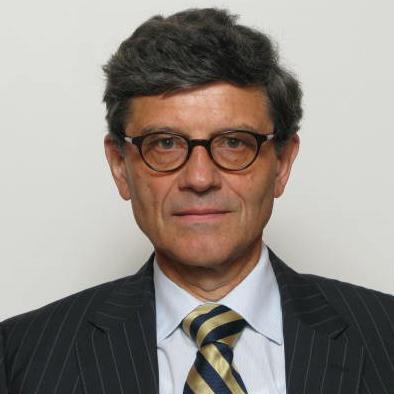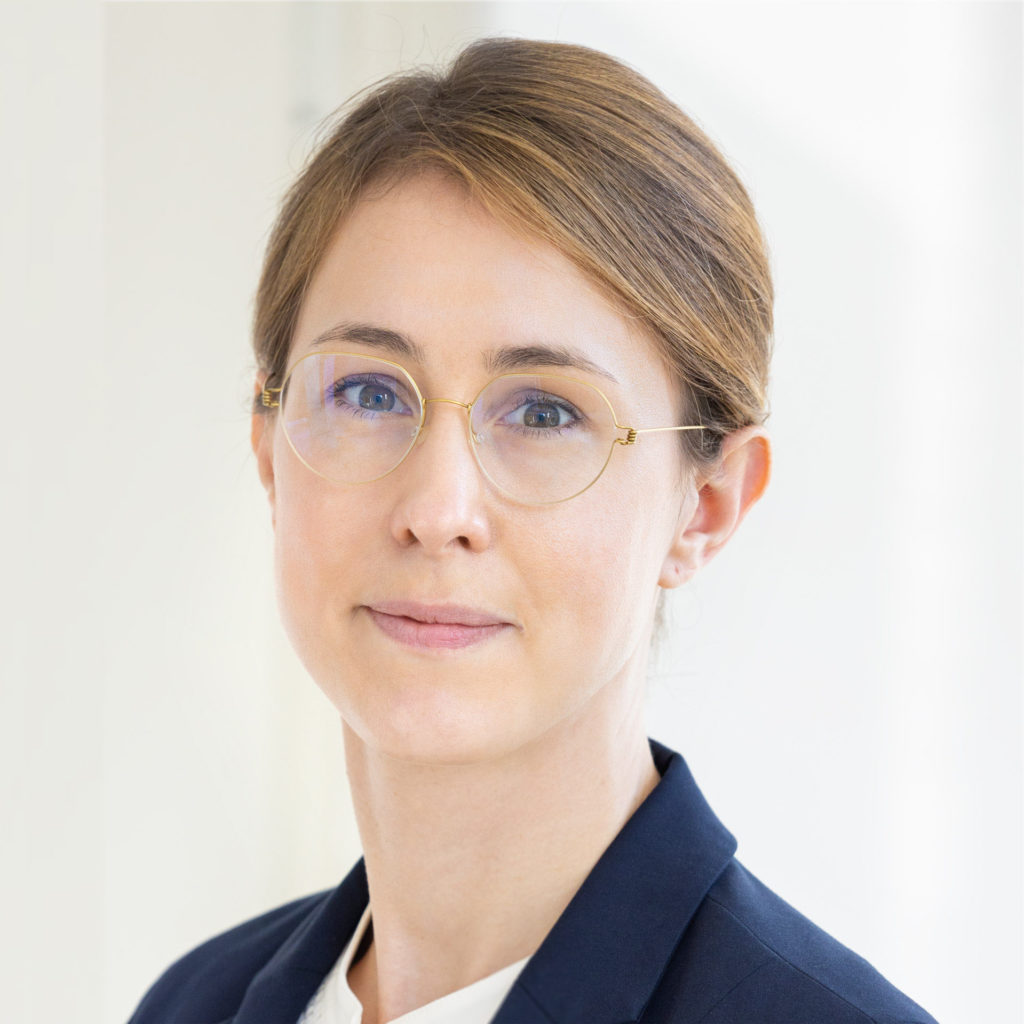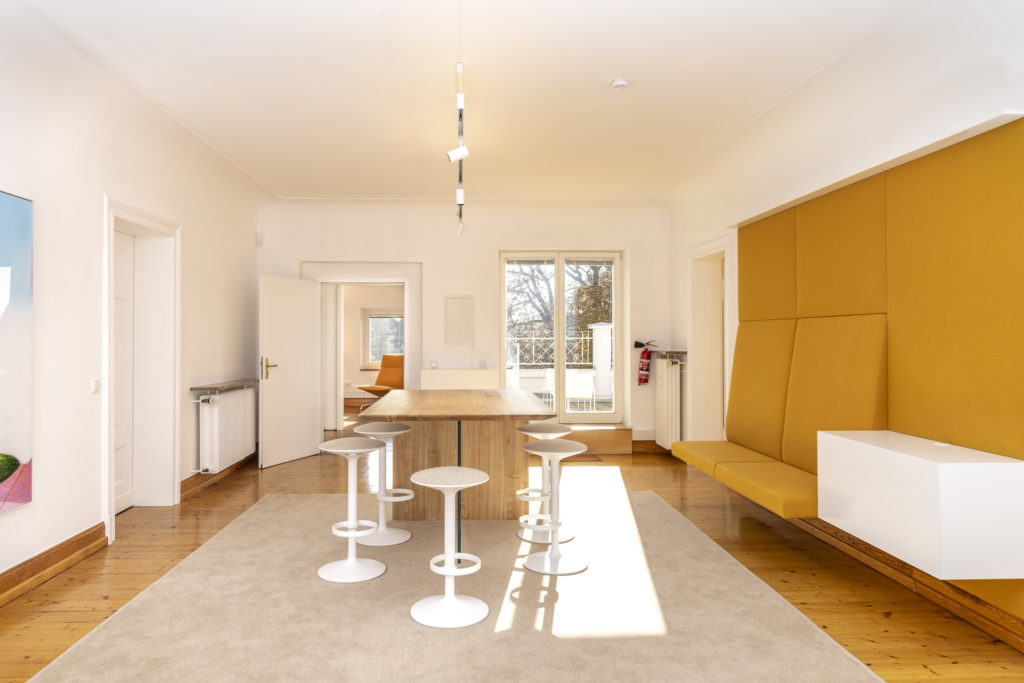State-Building, Reforms, Conflicts
Nearly twenty years of Western intervention in Afghanistan ended on August 15, 2021, when the Taliban returned to power. The disastrous failure of Western involvement was a result of the permanent and often violent conflict between tradition and modernity that has characterised Afghanistan’s society for almost a century and a half.
Ambassador Dr. Seidt spent two weeks at the Academy as the Director’s guest and contributed to Academy life with an exciting lecture on Afghanistan’s road to modernity. The Academy was able to build on the research of previous Fellows on the topic of “Lessons learned”, on which parliamentary meetings were organized a year ago in the Bundestag and Landtag. Ambassador Dr. Seidt added the historical dimension of the topic. Based on the fundamental methodological idea that the political conflicts of the present can only be adequately understood and classified on the basis of solid knowledge of history, he dealt with Afghanistan’s path to modernity in the period between 1880 and 1930. Using photographs from the Phototheca Afghanica of the Swiss Afghanistan Institute, he explained the violent conflict between tradition and modernity that has characterized Afghan society for almost a century and a half. This was followed by a lively discussion with the Fellows and guests, including the former Afghan Foreign Minister Dr. Rangin Dadfar Spanta.
Speaker:

Ambassador (Ret.) Dr. Dr. h.c. mult. Hans-Ulrich Seidt
Ambassador (Ret.) Hans-Ulrich Seidt is a non-resident fellow of the Liechtenstein Institute on Self-Determination (LISD) at Princeton University and senior advisor with Friedrich30, a Berlin based political consultancy firm.
His focus is on geopolitics and crisis management. He served in Moscow and was posted to Germany’s NATO-delegation in Brussels. During the Balkan wars, Ambassador Seidt served as deputy head of the German government’s Special Task Force Bosnia (So-Bos). In 1998, he was transferred to the German embassy in Washington, D.C.
Ambassador Seidt served from 2006 to 2008 as Germany’s ambassador to Afghanistan and from 2009 to 2012 as German ambassador to the Republic of Korea. In 2012 Ambassador Seidt became Director-General for Culture and Communication in the German foreign office in Berlin and ended his career as Inspector General of the German foreign service in 2017.
Contact:

AIA NRW, Tobias Vollmer
Lisa Hartmann
Public Relations and Events Officer
